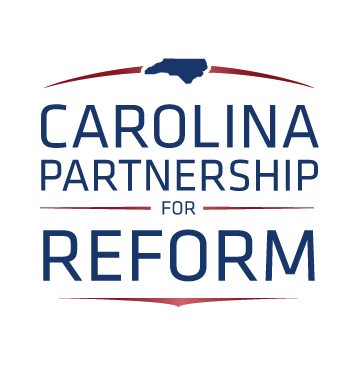State Employee Income Taxes Subsidize Tax-Exempt Duke Health.
As a sign of its gratitude, Duke Health is threatening to stop caring for state employees unless they fork over even more cash.
Some battles aren't worth fighting. Duke Health's demand that public servants pay higher insurance premiums to pad Duke Health's nine-figure bottom line is probably one of those battles.
Here's what's happening: The State Health Plan, which is overseen by the State Treasurer, pays medical providers whenever a member visits the doctor or receives treatment. The price the State Health Plan pays to medical providers is negotiated in advance – there are set prices for every kind of doctor's visit or medical procedure. The State Health Plan's third-party administrator, which is Aetna now and was Blue Cross before that, negotiates those prices.
The State Health Plan is not unique here: Duke Health is going around the state demanding every health insurer pay it more money. These types of negotiations happen regularly.
It's the ferocity of Duke Health's negotiations that are the outlier. In this case, they're scaring state employees as a negotiating tactic. They want state employees to express their fear and anger to state legislators, the Treasurer and Aetna in order to gain leverage and ultimately extract a higher price.
That's a special sort of irony: Duke Health is scaring teachers and corrections officers because Duke Health itself is threatening to stop caring for them.
Unseemly, hardball tactics like these are part of the reason North Carolina families and employers pay some of the highest health care costs in the entire country. When providers like Duke Health demand more money, then health costs and insurance premiums go up for everybody.
Duke Health is not a sympathetic "victim." The organization reported $656 million in profit last year. And because Duke Health classifies itself as a non-profit charity, it looks to have paid precisely $0 in income taxes on that profit. (Here's how Duke Health described it in its 2024 financial statement: "The Health System and substantially all of its affiliates and organizations. . .are not subject to federal and state income tax on income related to their exempt purpose.")
But money to run the state has to come from somewhere. Teachers, corrections officers, and other public servants all pay income taxes on their wages. That means state employees, in part, subsidize Duke Health's non-profit status.
So this is the thanks Duke Health shows North Carolina for earning hundreds of millions in tax-free profit: Threatening to withhold care from state employees, then launching a PR campaign to terrify those state employees about the threat, all to extract yet more money from them and other North Carolinians to increase their nine-figure bottom line.
This particular case is getting more attention because it involves state employees, but the same dynamic holds true for Duke Health's behavior with everyone else. The problem is "non-profit, charity" hospitals demand more money from employers all over North Carolina, both public and private, even as they rake in hundreds of millions of dollars in tax-free earnings. And it's not just income taxes: these hospital systems don't pay property taxes or even sales taxes, either.
The hospital systems have huge investment funds that are heavily into real estate. When they buy real estate, they're taking a chunk out of the tax base of counties and cities, which means municipalities have to find more tax revenue from everyone else who lives there.
The sales tax exemptions pose the same problem. "Non-profit" hospitals that rake in nine figures worth of profit get refunded by municipalities for the sales tax they pay, again taking a chunk out of state and local tax collections.
Do you see the problem? The teacher making $58,000 per year pays the government a cut in income taxes, pays sales taxes on just about every transaction, and pays property taxes if they own a home. By comparison, Duke Health made $656,000,000 and got huge breaks on all of those taxes. It's ridiculous.
Why is Duke Health even classified as a nonprofit in the first place? Lawmakers ought to look carefully at whether these types of policies are really in the best interest of North Carolina.



